
Tell us a bit about yourself and your journey as an educator.
I'm a biologist and have worked in education for the past 18 years. I have been teaching at Colegio Los Nogales for the last eight years. I have taught general science, which includes chemistry, physics, and biology, but I love biology classes, like pre-AP classes, where we get to study biology deeply.
Our school is a private school in Bogotá. Many of our students go to college abroad, so the curriculum is demanding and requires a lot of academic effort from our students so that they can be successful in their eventual academic journeys abroad. Only three schools in Bogotá offer AP classes, so it's a unique aspect of our school.
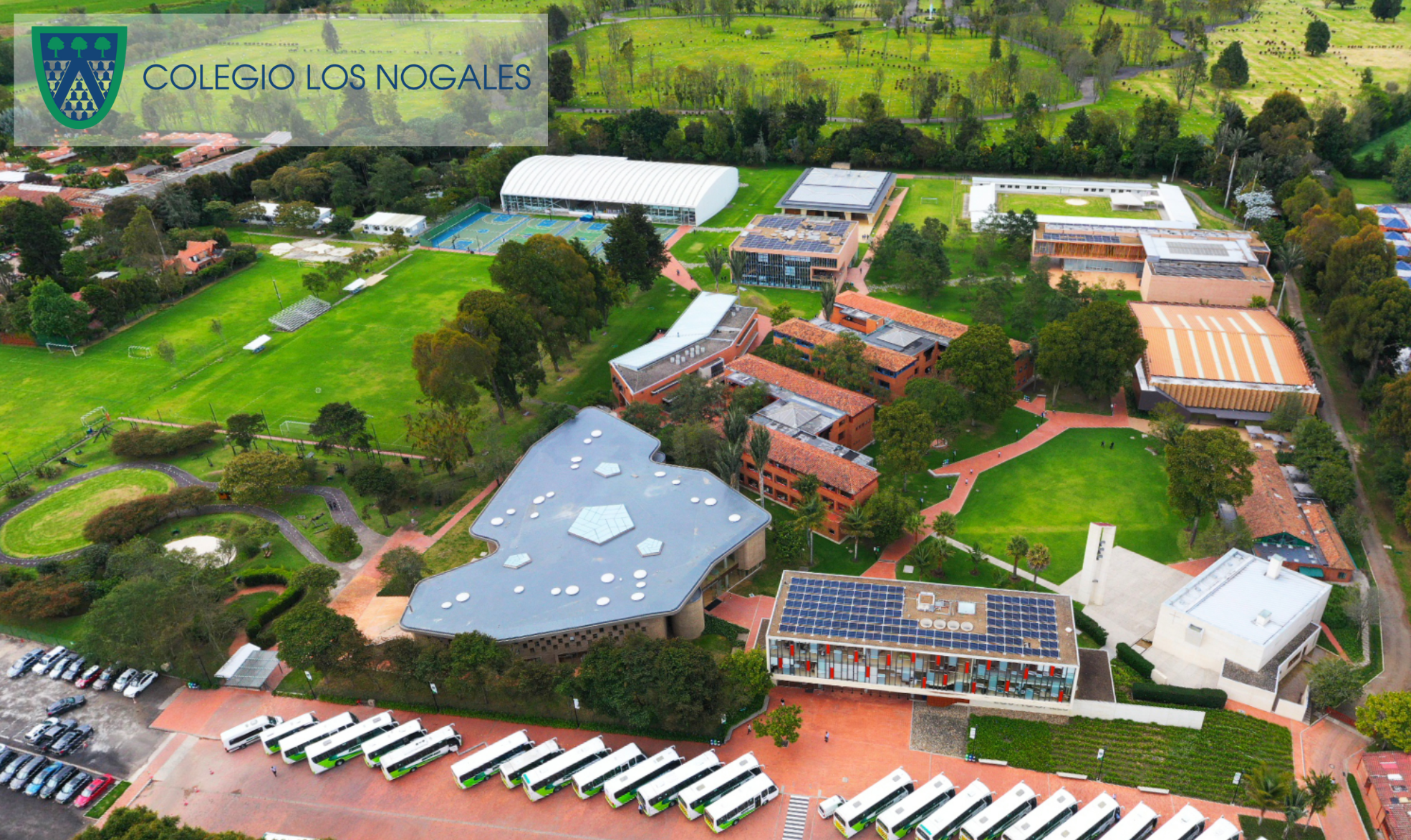
PBL World, how did you learn about it, and what was your experience like?
I first attended PBL World in 2019 and participated in the PBL 101 Workshop. I returned to PBL World last year, in 2023, when I learned about the new PBL Middle School Science workshops!
Oh, that’s exciting! You’re a two-time PBL World participant!
Yes! When I first attended PBL World and participated in the PBL 101 Workshop in 2019, I came with the goal of enhancing our eighth-grade science curriculum to incorporate more experiential learning, particularly in our human body unit and hiking program. We kept asking ourselves, “How can we make the human body unit meaningful?” instead of a unit where students read and memorized facts from a textbook.
When I first joined my current school, I noticed that we had these two incredible resources: a comprehensive human body curriculum and a diverse hiking program that exposes students to Colombia's varied climates and landscapes, from the Amazon jungle to snowy mountains. So, we decided to merge these two learning experiences, using hiking as a backdrop for studying biology.
After receiving support and encouragement from the school, I registered for PBL World. Since then, our human body unit and hiking program have really evolved! It has also inspired more projects in our middle school. We recently went on a trip to the Amazon, and our students gained firsthand knowledge of histology and physiology and practical skills in first aid, allowing them to understand the human body in a deeper, more meaningful way as a result of PBL.
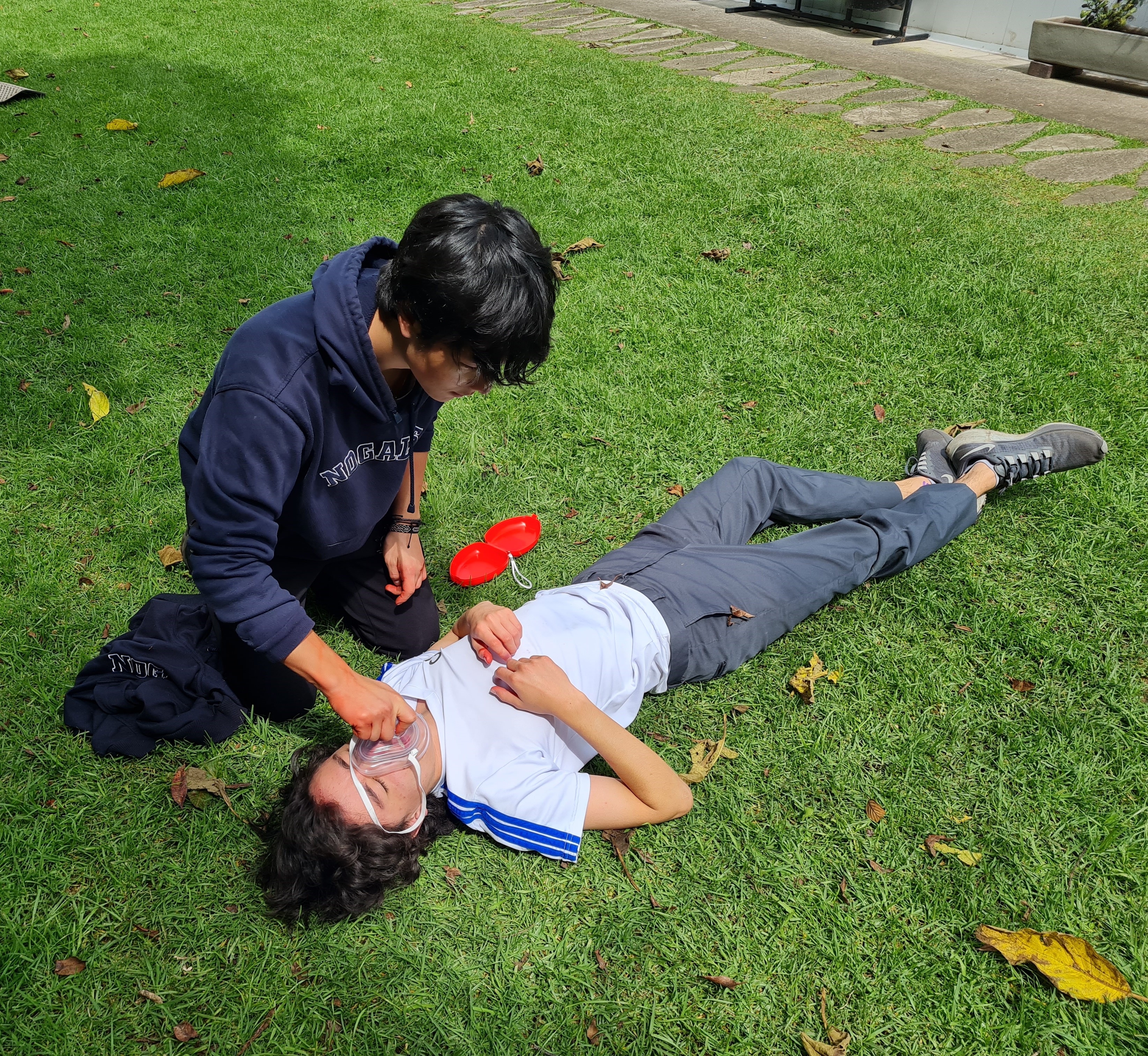
Students applying first aid skills acquired in their project.
Tell us about your second time at PBL World.
The second time, I had very high expectations because I chose the PBL Middle School Science Workshop, which is in my content area. It was great, because I was able to spend three full days with 29 science teachers from more than six different countries! Although our contexts differed, our concerns and aspirations were the same: cultivating student curiosity, scientific exploration, and further developing success skills.
In the workshop, we worked with fully developed PBL units, which allowed me to get a detailed view of a project's different components, such as a rubric, calendar, product ideas, and activity examples. These examples then allowed me to think of my units and what parts and pieces I would need to transform them into a Gold-Standard PBL unit.
How did the community aspect of your PBL World workshop enhance your experience?
Every class of the workshop was getting together and discussing how you do PBL. I am from Bogotá, a city with more than 10 million people, and there was another teacher from the Virgin Islands who lives close to the sea with 35 students. We had the opportunity to talk about science and PBL as a way of developing skills. And we, as teachers, want our students to develop skills beyond content. It was quite enriching to know how other people do things, like getting students outside of the classroom and looking at different opportunities to engage them with the wider community. The simple act of sharing ideas shows how diverse backgrounds and environments can inform and enhance our understanding and implementation of PBL.
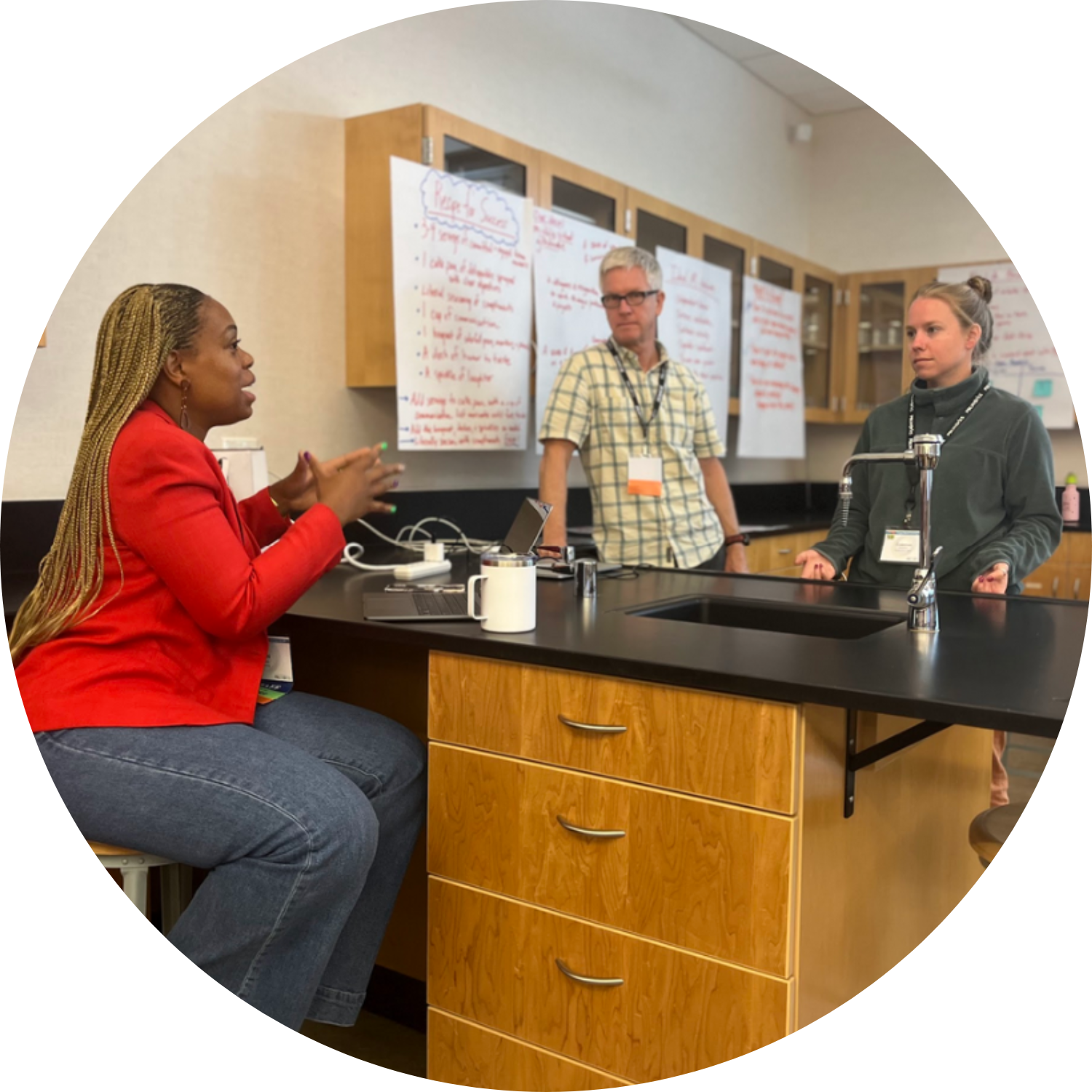
What do you think was the common thread that brought together so many science educators together for a PBL workshop?
Meaningful learning! We struggle as educators at times with the larger community (inside and outside of schools) who think students need to learn science in a very traditional way with memorization, which was how many learned science. I think that PBL brings us together because we know there’s a way to engage students in learning that’s more authentic and that centers their interests. There’s so much that students can bring from their lived experiences into the classroom. PBL allows us to shift our role as teachers. We don’t need to “give them information.” We can build knowledge together, and that’s great!
What was the most memorable aspect of your PBL World experience?
Two things immediately come to mind! I took the SEL Pre-Conference one-day workshop and I was both surprised and amazed at how SEL can be easily incorporated into every class. I think there’s this misconception that SEL takes place in a homeroom class but not necessarily in science. And so for me, it was a huge change in thinking to realize that, YES, I can incorporate SEL into my science classes.
The second thing that comes to mind is my science workshop facilitator, Angela Marzilli. Whenever I asked a question about my project, she had so many insights, strategies, and resources to offer! She always had a thousand ideas, and her ease in making connections and sharing her knowledge made the experience extra meaningful!
What would you say sets PBL World apart from other events and conferences?
Everything. Every activity is 100 percent organized and meaningful for you as an adult learner. The keynote speech and the student panel were amazing! It was so impactful to listen to students elaborate clearly on why PBL has been important in their academic journeys and how they are using the skills they learned in so many different ways and contexts.
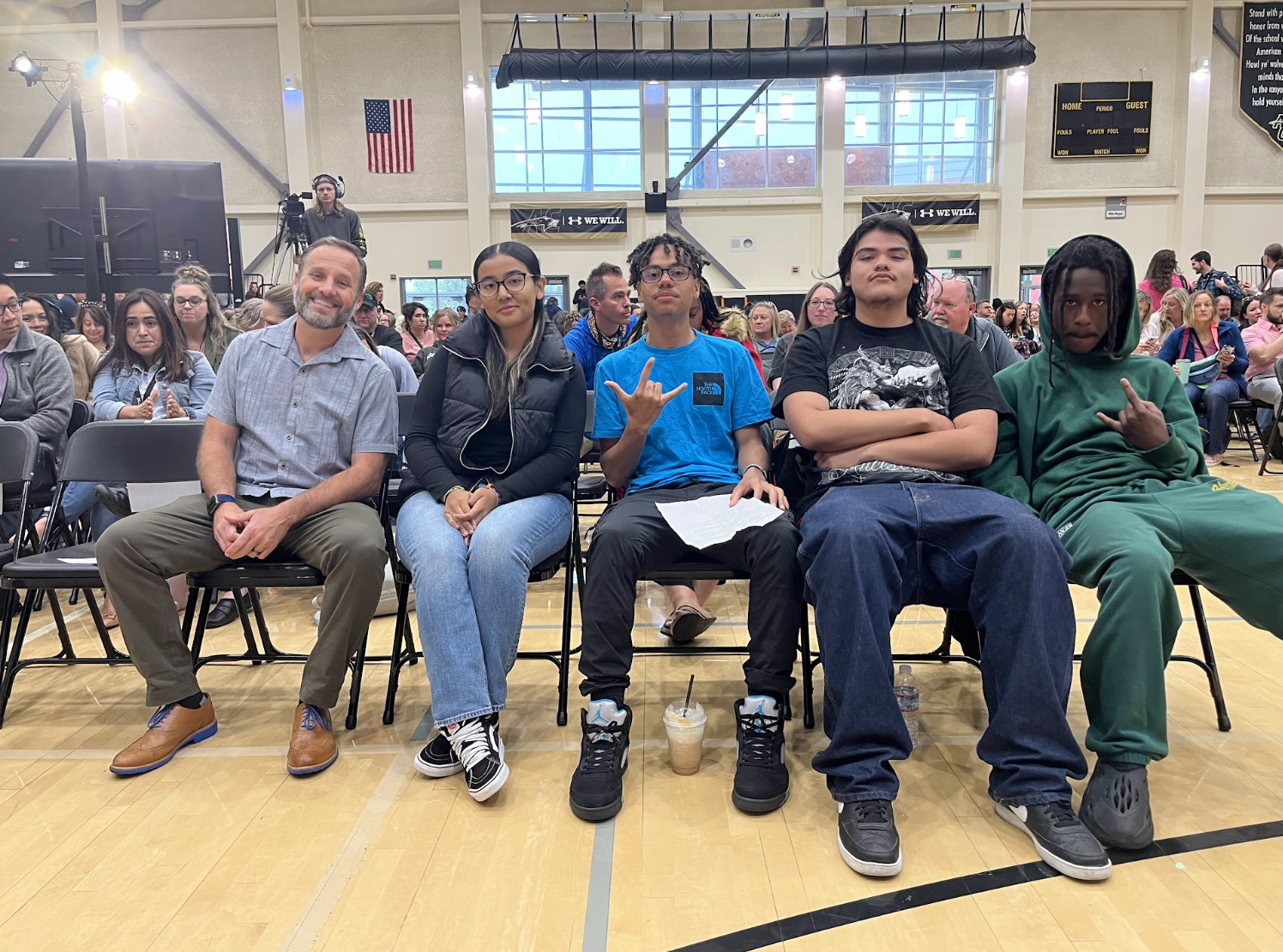
How did it feel to be a participant coming from abroad?
It's an extra challenge because English is not my first language, but I’m so grateful that my school granted me this opportunity! It’s a week away from my family, without the familiarity of my regular life, to reconnect and fall in love again with being a teacher!
"The past five or six years have been challenging, and this opportunity allowed me to really think about myself as a teacher and ask myself, “What do I want to do next year?” And then there is plenty of time to really soak in the new learning and have everything ready for the new school year in August!"
Anything else you’d like to share or highlight?
I would say that PBL World can be more than a one-time experience! You can always go back because you'll have new questions, new experiences to build upon, and different students whom you are teaching and thinking about as you plan!
Also, revisiting the materials has been so helpful for me! You can still use and refer back to the materials from the workshop. It's understandable to feel apprehensive when embracing change, especially when adjusting teaching methods. Access to these materials serves as a valuable resource and reminder of our discussed strategies and insights and will instill confidence as you implement new approaches in your teaching practice.
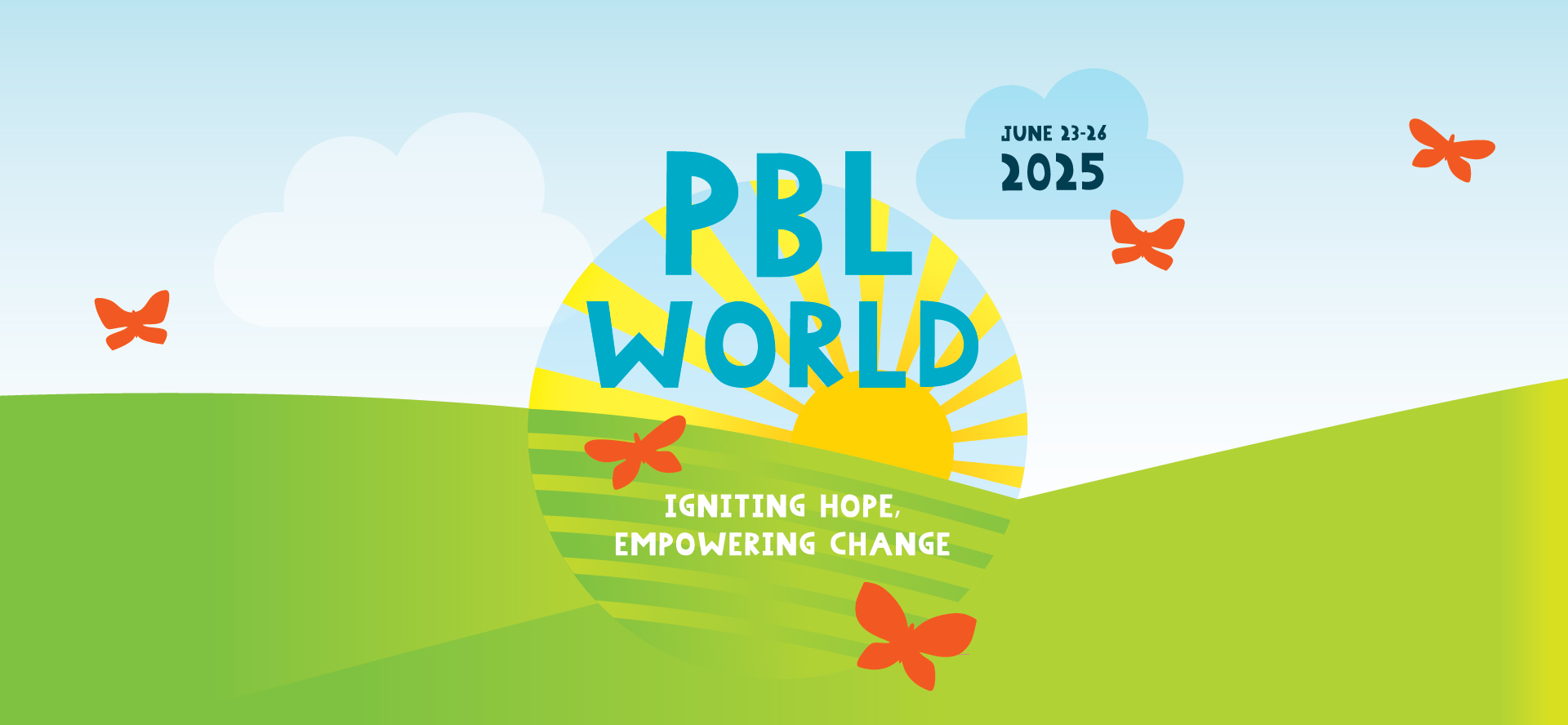
PBL World 2025: Join us at American Canyon High School in Napa Valley from June 23-26, 2025, to begin or continue your PBL journey with four days of transformative professional development. For more information, visit https://www.pblworks.org/pbl-world.
✉️ If you attended PBL World and it has impacted your teaching in transformative ways, reach out to Natalie at [email protected]. Your experience might be someone else's valuable inspiration. Join us in sharing the transformative power of PBL on teaching and learning—we can't wait to hear about your PBL journey!
